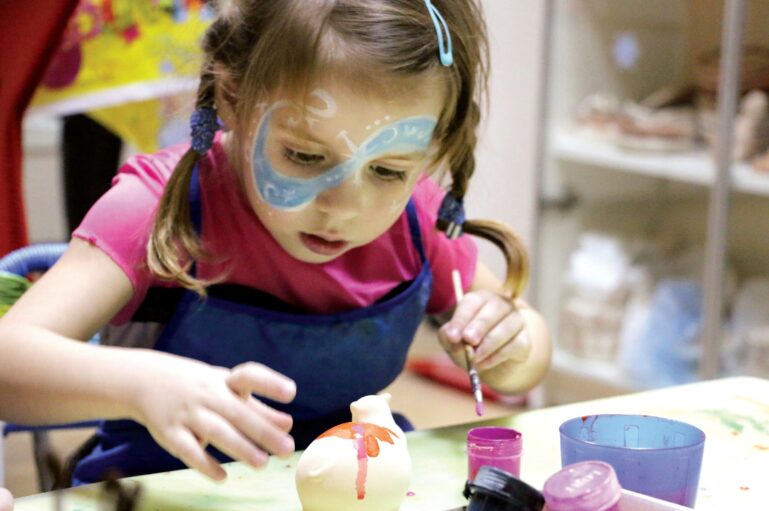In the 1980’s, a new ‘life approach’ theory was introduced by American social scientists, James Wilson and George Kelling, called “broken windows”. The theory proposes that the effects of urban disorder, vandalism and other crimes begin with the broken windows of vacant homes. Wilson and Kelling’s research suggested that a building with windows left unrepaired leads vandals to break more of them. Eventually, people break into the building, become temporary residents within and even light fires inside the home. The same maybe true of litter on the road – a wrapper or paper towel left on the ground quickly translates into more of the same until, ultimately, people begin dumping bags of refuse and the situation eventually becomes a municipal nightmare. The two social scientists, on the other hand, found when windows are repaired in a building, vandals are much less likely to break any of them or do any other damage. Similarly, when roads are free of any form of refuse, people are generally prone to maintain this form of cleanliness.
The above theory seems to have pertinent personal and professional application. Many of the challenges that are faced in life, at home or in business, can be overcome by repairing your own ‘broken windows’. A good amount of people seem to bring shallow resolution to their problems or challenges through justification or rationalisation. They are, however, not getting to the central issue that needs to be addressed. Perceptions often need to be addressed first before situations can be resolved through new behaviour. This past weekend, I repainted the ceilings in our two bathrooms, the same of which looked grubby with mould from shower steam. I now feel different walking into the bathroom – proud and satisfied. A new pair of black shoes bought last month gave me more confidence. Starting a new job may give you renewed energy. Repairing a rift in a relationship by seeing the other in a new way sets you free from anxiety. A change in perceptions seems to drive different behaviour which, in turn, brings different results.
To change perception and thus behaviour and to get different results, the following may be appropriate:
- Question your self-talk – most of the things we say to ourselves have elements of doubt in them: maybe I am not good enough; perhaps I will not be able to do this; I am not sure that I can address that issue; let me just leave this and let someone else fix it. Thought patterns that are limiting need to be confronted. You can’t allow yourself to be bogged down or tied up by perceptions of yourself that impede progress. Self-belief, not arrogance, is the beginning of character development and giftedness expression.
- Construct a clear picture of your future – without a clear vision, people perish. Developing a series of pictures of yourself doing your best work gives you a sequence of points at which you can aim. Develop an action plan to realise one of these points and start a planning process to achieve the rest over time. Paste a time-line on the back of your office door or on your desk to set goal milestones that need to be achieved.
- Appoint a mentor to assist in realigning perceptions – perceptions are subtle. You hardly realise that you have them. They exist in the sub-conscious mind and present themselves in behaviour patterns. At times, having a mentor question where certain behaviours are originating results in the necessary introspection which reveals the ‘hidden’ perceptions. Discovering self-demeaning perceptions gives one the opportunity of eradicating negativity.
- Realigned perceptions make for a robust personality – having positive perceptions that translate into self-worth and esteem, one builds a strong personality platform that can withstand manipulation and being treated like a doormat. In life, manipulative behaviour is commonplace. To be able to counter the whims of others and grow self-respect and the respect of others, positive self-perceptions are necessary to build the foundation deep enough to stand tall when ambushed by the selfishness of others.
- Capitalise on your giftedness – we are all gifted. The honour of gift-possession is not just reserved for a few. Identifying what you are good at/skilled in and hone the gift. This starts setting you free to make your unique contribution. This uniqueness grows your personal brand and sets you apart from others.
Perceptions, especially negative ones, need to be changed to stimulate new behaviours and thereby to achieve new results. Most people have ‘broken windows’ or self-doubt, however, when you become aware of them, you have the opportunity of changing them and thus your destiny.










